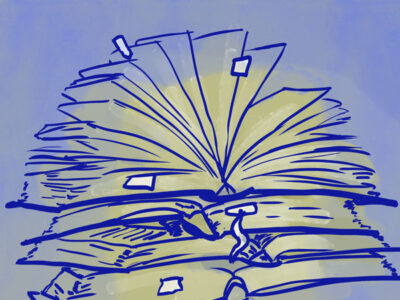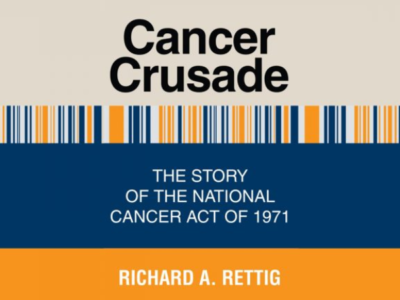FDA granted accelerated approval to Talvey (talquetamab-tgvs) for adults with relapsed or refractory multiple myeloma who have received at least four prior lines of therapy, including a proteasome inhibitor, an immunomodulatory agent, and an anti-CD38 monoclonal antibody.
FDA granted regular approval to Gavreto (pralsetinib) for adult patients with metastatic rearranged during transfection fusion-positive non-small cell lung cancer as detected by an FDA-approved test.
FDA approved the therascreen PDGFRA RGQ PCR kit, a companion diagnostic intended for use to aid clinicians in identifying patients with gastrointestinal stromal tumors who may be eligible for treatment with Ayvakit (avapritinib).
FDA accepted the supplemental New Drug Application for Cresemba (isavuconazonium sulfate), a prodrug of isavuconazole, an azole antifungal drug, seeking approval for the treatment of invasive aspergillosis or invasive mucormycosis in pediatric patients aged one to 17 years old.
C2i Genomics and the Tel Aviv Sourasky Medical Center (Ichilov) entered into a strategic collaboration to provide precision oncology clinical testing using C2inform, C2i Genomics’s whole genome minimal residual disease test to improve cancer detection and monitoring nationwide.
Wendy R. Brewster, MD, PhD, a compassionate clinician-scientist who focused her career on caring for women with gynecologic cancer and studying at-risk populations and the disparate mechanisms leading to poor outcomes in endometrial, ovarian, and cervical cancers, died of pancreatic cancer on July 24. She passed surrounded and supported by her family in Houston, where her sister lived.
In addition to publishing out-of-print books in oncology, the Cancer History Project highlights new books on the history of the field.
Richard A. Rettig’s “Cancer Crusade: The Story of the National Cancer Act of 1971” is a peerless book, a comprehensive history of the buildup to and enactment of the landmark law that focused the U.S. government’s efforts to cure cancer.
The Zaporizhzhia nuclear power facility, the largest in Europe, with six reactors, has been under Russian control since March, 4, 2022.
The Cancer History Project’s mission includes publishing books that tell the story of oncology and the shaping of its culture.










